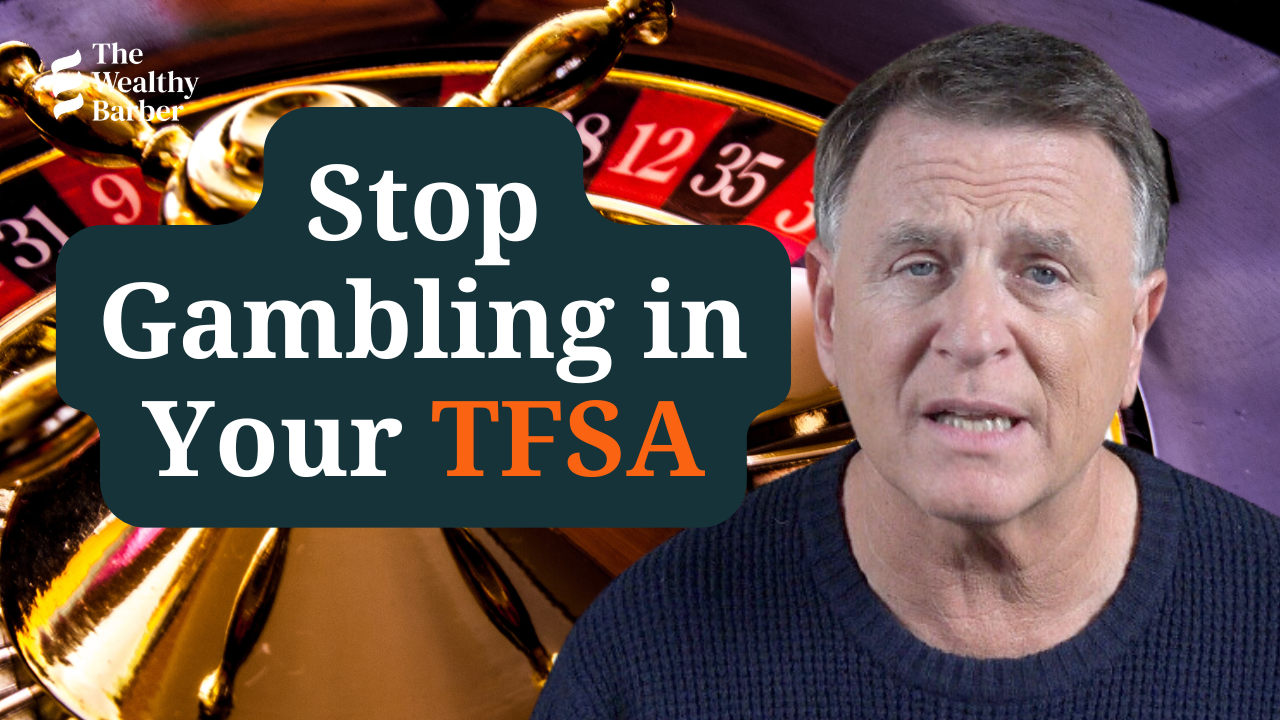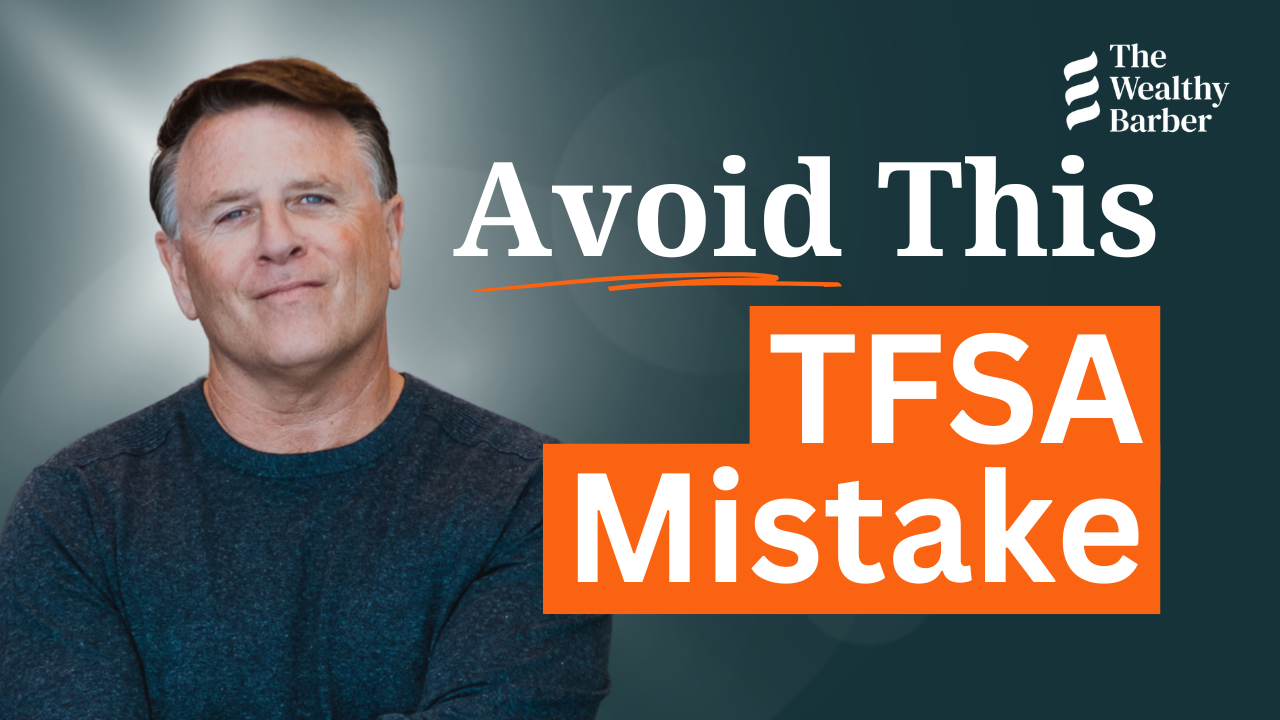How Should You Invest in Your TFSA? Start With The Timeframe
How should you invest in your TFSA? Lesson one!
Here’s the link to podcast episode #5 on investing with Ben Felix that Dave mentions: https://thewealthybarber.com/podcast/ben-felix-a-deep-dive-into-the-world-of-investing-twb-podcast-5/
💈💈💈
My son, Scott, mentioned to me the other day that many of our videos’ viewers, friends of his, have noted, “Hey, fine, Dave has done a good job of pushing me not to leave my TFSA capital sitting in a savings account, but he’s given me no help, no advice on how better to invest it!”
Hey, hey, relax. I’m only one man. One old, old man.
Seriously, it’s a fair point, fair criticism.
So, I’m going to start helping slash teaching with this video and we’ll add more instruction with future shorts and many of our podcast conversations. In fact, to that end, please listen to episode 5 with Ben Felix, link below—lots of great thoughts from Ben, a true investing expert and great communicator.
So, first important thought to guide your thinking. How you should invest your TFSA money is strongly influenced, heck dictated to a large extent, by this simple question: “What do you eventually want to do with the money?” What’s it for?
Are you saving for a house? Are you using your TFSA as an emergency fund?
Or is your TFSA a big part of your retirement-funding capital? Or are you going to have to use the TFSA capital to help your kids with their down payments? I’m seeing that a ton now obviously.
Some may argue, “Why does it matter, Dave? The money doesn’t know why it’s being invested. Shouldn’t you just seek the best returns regardless of the desired use of the TFSA?”
No.
Because the purpose you eventually want the money for determines what? The timeframe involved. How long can you invest the money? And that’s the most important variable when determining how much risk you can take on and thus, what investments make sense. Sounds complicated, isn’t.
Best illustrated by an example, a real-life example:
A brother and sister are 32 and 30 respectively.
The sister already owns a home with her husband and she’s using her TFSA to build up a capital pool to down the road, 30 to 40 years down the road, spin off an income in retirement. She has a ton of time and, thus, can take on some risk, prudent risk, to try to earn solid returns. A portfolio, for example, of low-cost index funds would match up quite well to her timeframe and objectives.
Yes, with equity index funds, there will be some tough stretches, even, frankly, in all likelihood some big pullbacks and prolonged periods of frustrating returns. But, over that very long timeframe, things should work out quite well. She should be appropriately compensated for putting up with the volatility.
Her brother, on the other hand, is saving with his partner for a down payment. They want to buy a house in the spring of ’26. Short time. He can’t risk the volatility. He needs to stay conservative. What if he bought an equity index fund and the market happened to fall 30% right before the house purchase. Murphy’s Law.
Unlike his sister, he’s not afforded the luxury of being patient. The fact that the market is very likely to provide a good long-term average annual return will not give him much comfort as his fiancée says, “You’re an idiot. Now we can’t buy our house.” A one-year GIC, not exciting but it makes more sense here.
Now some argue, “Staying ultra-conservative isn’t necessarily a great way to take advantage of a TFSA.” Yeah, but it’s the wisest way in his case. What are you planning on doing with the money? What is the eventual intended use? How far away is that use time wise? Start with those questions. Okay, we’ll go from there.
Lots more to come.
Feel Confident About Your Finances
Sign up for our Weekly Round-Up of new videos and podcasts released over the past seven days. We won’t spam you or try to sell you a course—promise!



